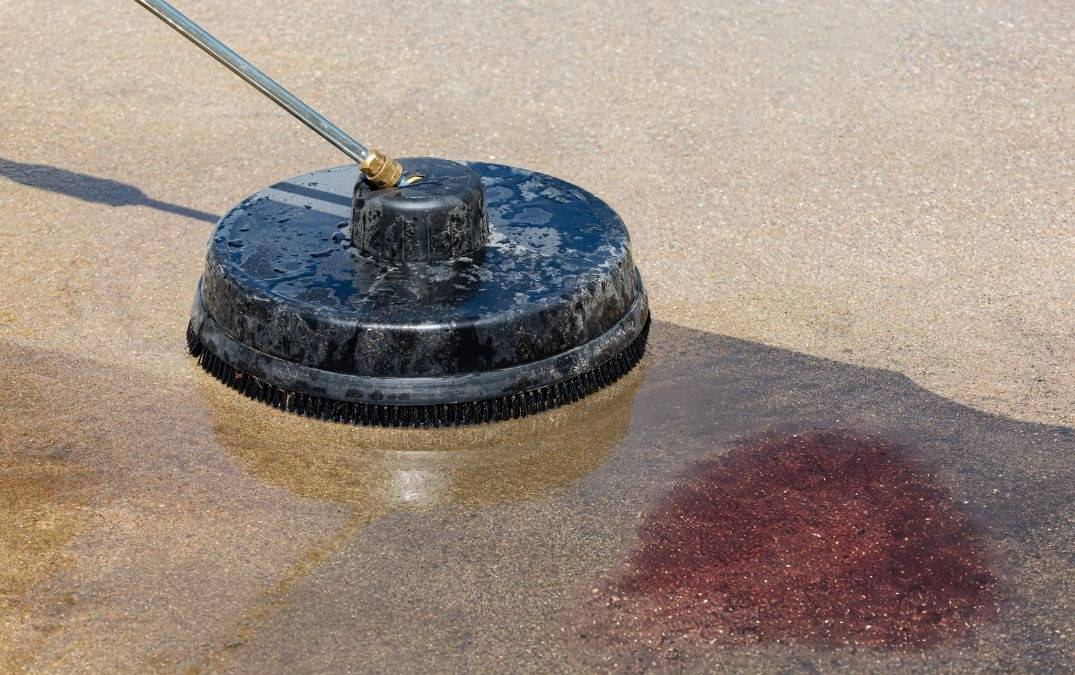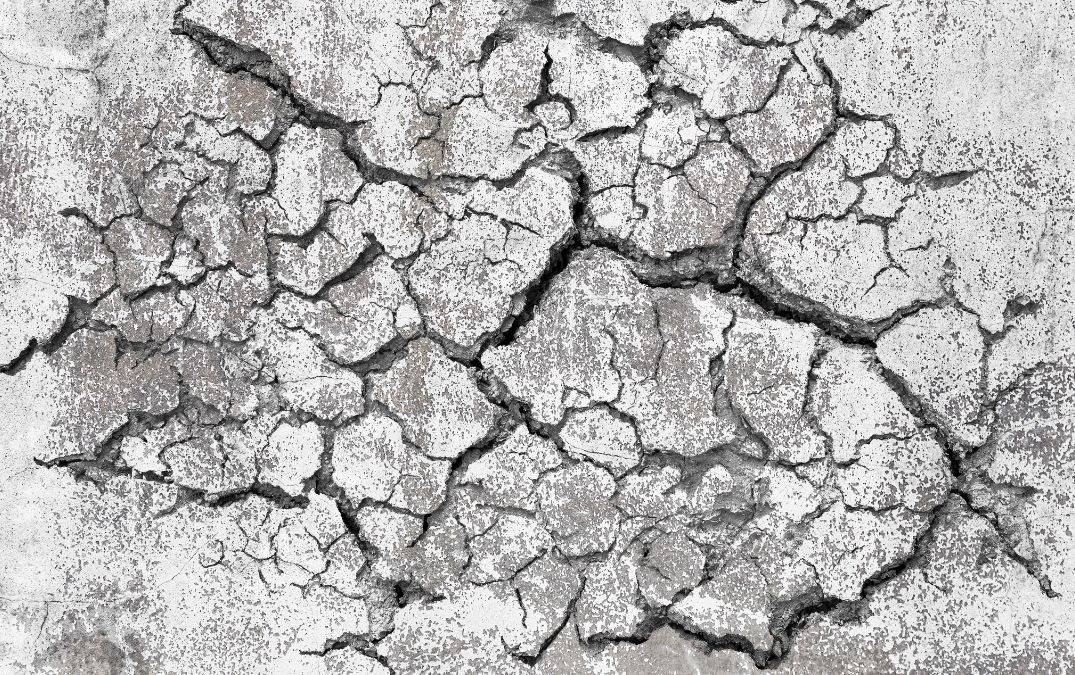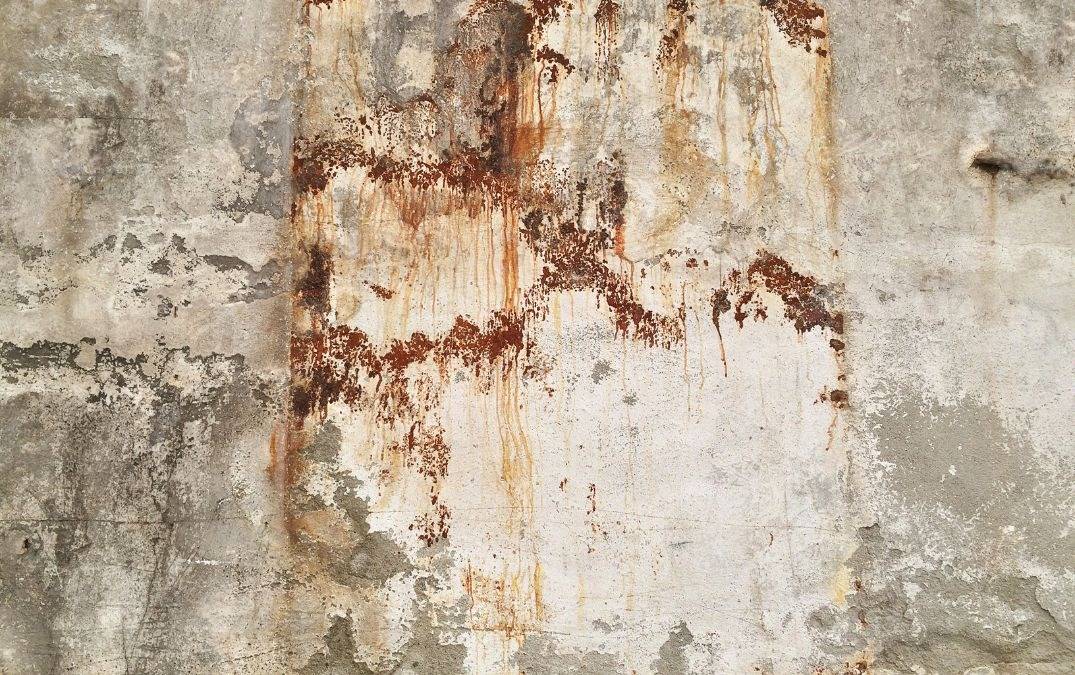If you don’t seal your concrete floors you are inviting stains to set up camp on your floors. An unsealed concrete floor can be stained by a variety of substances. To remove stains from an unsealed concrete floor, you can use several methods depending on the type of stain. For oil and grease stains, apply a degreaser or a mixture of baking soda and dish soap, scrub with a stiff brush, and rinse thoroughly with water. Food and beverage stains can often be removed with a mixture of vinegar and water or hydrogen peroxide. Chemical stains may require a commercial concrete cleaner or a diluted bleach solution. For dirt and mud, a simple scrub with a mild detergent and water usually does the trick. Rust stains can be treated with a solution of lemon juice and salt or a commercial rust remover. Pet urine stains can be tackled with an enzyme cleaner to remove both the stain and odor. Paint stains may need a paint stripper or solvent, followed by thorough scrubbing. For plant tannins, use a mild detergent and water.
To prevent stains on a concrete floor, sealing the concrete is the best method. A high-quality sealer creates a protective barrier that repels liquids and prevents stains from penetrating the surface. Regular cleaning and maintenance can also help keep the floor in good condition. Promptly clean up spills to prevent them from soaking in, and consider using mats or rugs in areas prone to spills and heavy use.



